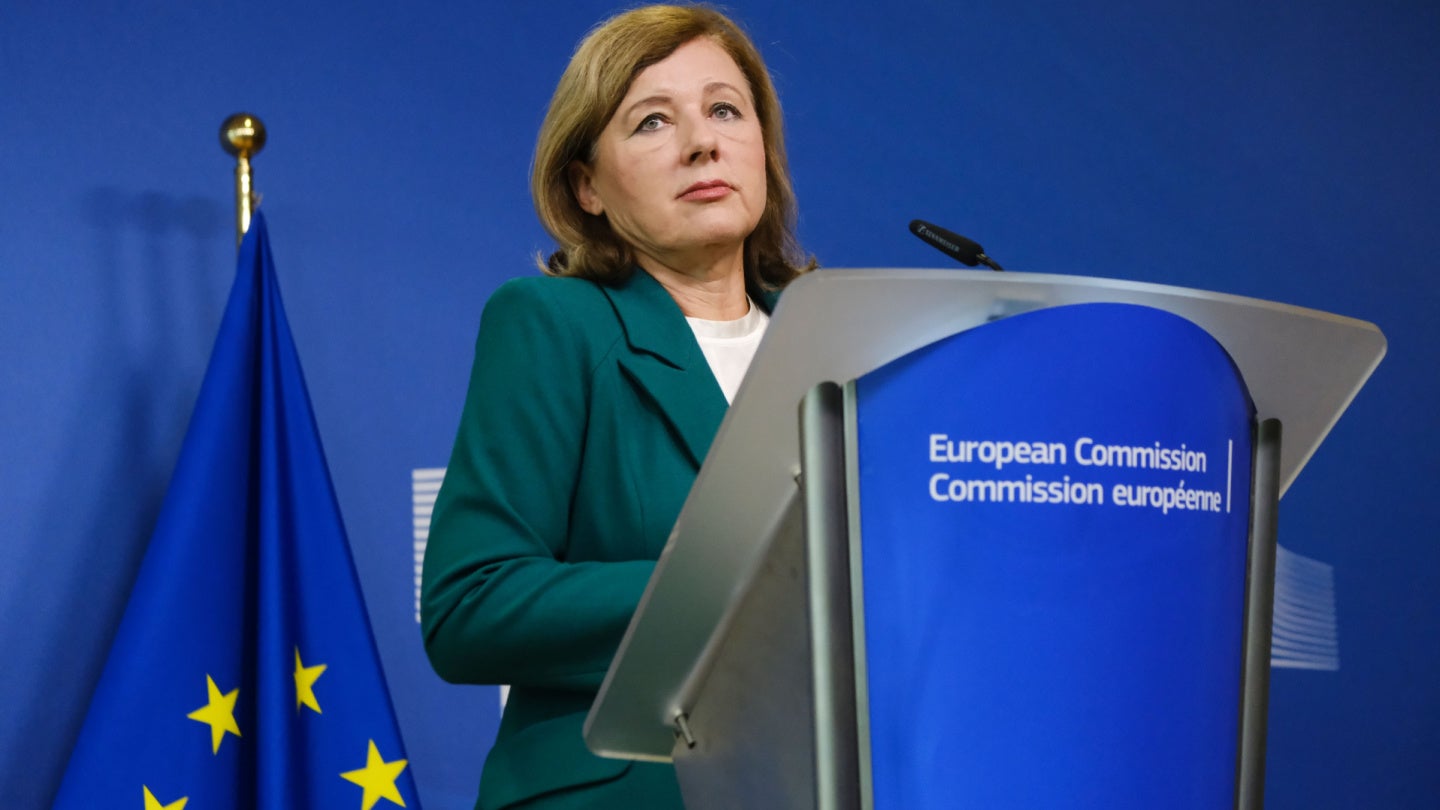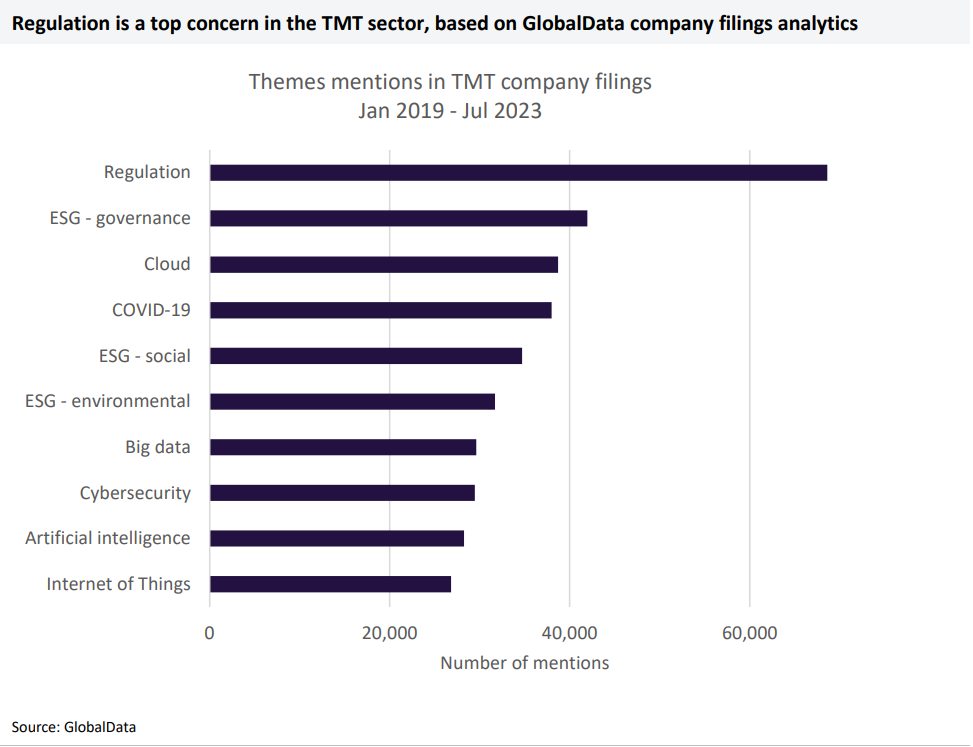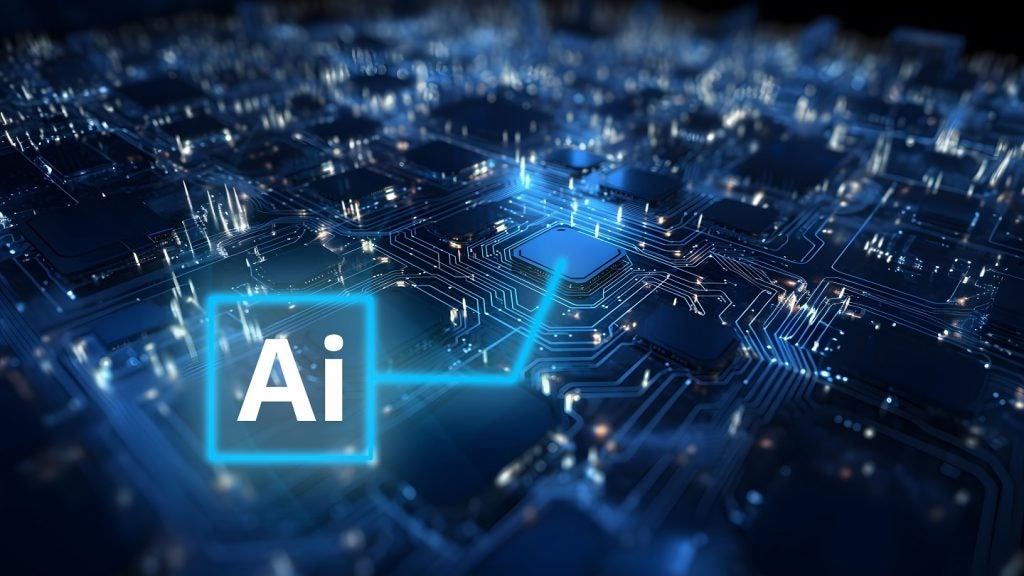
The EU is looking to deepen cooperation with Japan on AI regulation, according to remarks made by European Commission Vice-President for values and transparency, Vera Jourova, in an interview with Reuters.
Speaking on Japan and the EU’s approach to AI, Jourova stated that there is “a lot of convergence” between the two.
This is despite previous reports that suggested Japan would take a more “light-touch” approach to regulating AI than the EU.
“I was recently in China and it’s a totally different thing,” she stated, “I could discuss with our Japanese partners because we do not have to explain to each other basic, basic things.”
Jourova is currently on a three-day state visit to Japan to discuss AI regulation as well as open internet access.
Her visit has also begun consultations on creating an AI code of conduct among G7 countries.
Tech regulation has consistently been a concern for technology companies and between 2019 and 2023 research company GlobalData identified tech regulation as the most discussed theme in company filings worldwide.

Whilst regulating AI remains an important priority, countries each taking a different approach to regulating the technology could become a concern for businesses operating on a global scale.
“If international, consolidated principles are not agreed upon, it will lead to further fragmentation of the digital space,” according to GlobalData’s 2023 Thematic Intelligence Technology Regulation report.
During her visit, Jourova warned that autocratic internet models were on the rise around the world and encouraged G7 leaders to fight for an internet that remained open for users across the globe.
Alongside geopolitics, GlobalData identified the biggest tension when discussing AI regulation was balancing innovation and regulation. A concern which is also held among many tech insiders, such as WithSecure CEO Juhani Hintikka.
Hintikka consolidated that we are still in the early days of AI development.
“The fact that we’re so much in the beginning makes it hard to regulate, because at the same time, I think we would like to ensure that we don’t over-regulate,” Hintikka continued, “… we shouldn’t try to stifle something which has the potential to become really big.”
Whilst the EU’s AI Act will not become binding until late 2023 or 2024, GlobalData reaffirms that it is one of the first widespread regulations concerning AI that has been written and therefore could be influential to following regulations after it.







